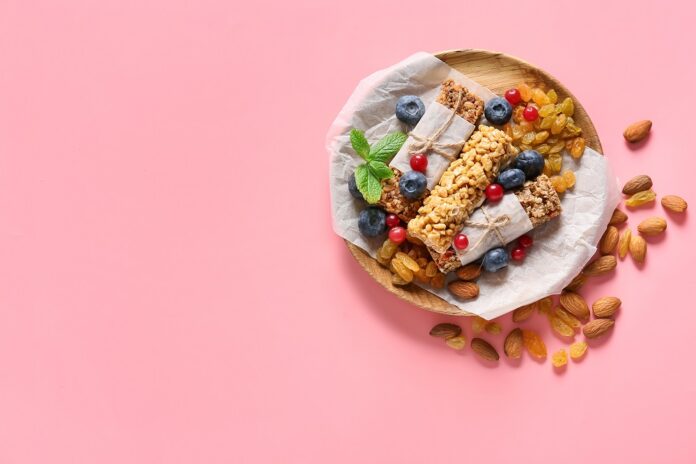Preparing a nutritious meal can seem impossible sometimes with our busy lifestyles. It takes time and money to maintain your health and well-being, and yet, getting all the essential vitamins and minerals through a balanced diet is highly-sought after, and physically necessary.
However, keeping track of the foods you eat throughout the day can be difficult. Knowing the precise amounts of proteins, carbs, lipids, vitamins, and minerals your body needs can be confusing to calculate. Here are five helpful tips for increasing the number of vitamins and minerals in your diet without having to worry too much about it.
Add Leafy Greens
Leafy greens should be a staple of any healthy diet, whether they’re tossed in a salad or dressed up as a side dish. Leafy greens don’t have to just be salads, of course. You can add them to your favorite soups, substitute leafy greens as wraps, and even make sauces out of them. Adding dark, leafy green vegetables like spinach and kale to your favorite shakes and smoothies also provides a good supply of fiber, which is necessary for healthy digestion. In addition, these heart-healthy super greens are fantastic since they include a variety of vitamins and minerals like calcium, iron, vitamin C, vitamin E, and vitamin K.
Include Nuts and Seeds
A handful of nuts and seeds are all you need to add more vitamins and minerals to your daily diet. You can eat them plain, roast them in the oven with a little bit of raw honey and cinnamon, or add them to your salads. Nuts and seeds have heart-healthy fats and plenty of vitamins and minerals, including:
- Vitamins A, B, C, D, and E
- Copper
- Magnesium
- Zinc
- Iron
All nuts and seeds are great sources of vitamins and minerals. However, pistachios, almonds, walnuts, sunflower seeds, and pumpkin seeds in particular are known for their high levels of protein, minerals, fiber, and good fats. Grabbing a handful of any of these come snacktime is sure to satisfy your hunger, and your health needs.
Eat Fish
Two servings of fish per week will provide plenty of protein, vitamin D, and long-chain omega-3 fatty acids crucial for a healthy heart and brain. Fish is also a terrific provider of minerals like iodine, potassium, and magnesium. Sustainable, wild-caught seafood like salmon, pollock, and sardines contain the most nutrients.
Many studies have found that the Mediterranean diet, a diet rich in fish, nuts, greens, and healthy fats, is one of the most beneficial diets out there. All the foods included in this diet are full of health benefits, including boosts of vitamins and minerals, and can even promote healthy body weight in those who utilize it.
Supplements Can Help
It is best to get your vitamins and minerals through diet. However, supplements can be beneficial if you try to eat healthily but still lack nutrients. Supplements are not a substitute for healthy eating. A multivitamin supplement can provide daily amounts of all vitamins and minerals. A supplement is acceptable if a healthy diet does not provide all nutrient requirements.
IV Therapy
In some cases, medical intervention may be necessary to get the essential vitamins and minerals. For example, a doctor may prescribe nutritional IV therapy to boost energy, eliminate toxins, and balance hormones. In addition, those who have asthma, muscle spasms, migraines, and other medical conditions can benefit from nutritional IV therapy.
Your health and well-being will improve if your diet is rich in vitamins and minerals. You can get the most health benefits for your body by using these methods.















